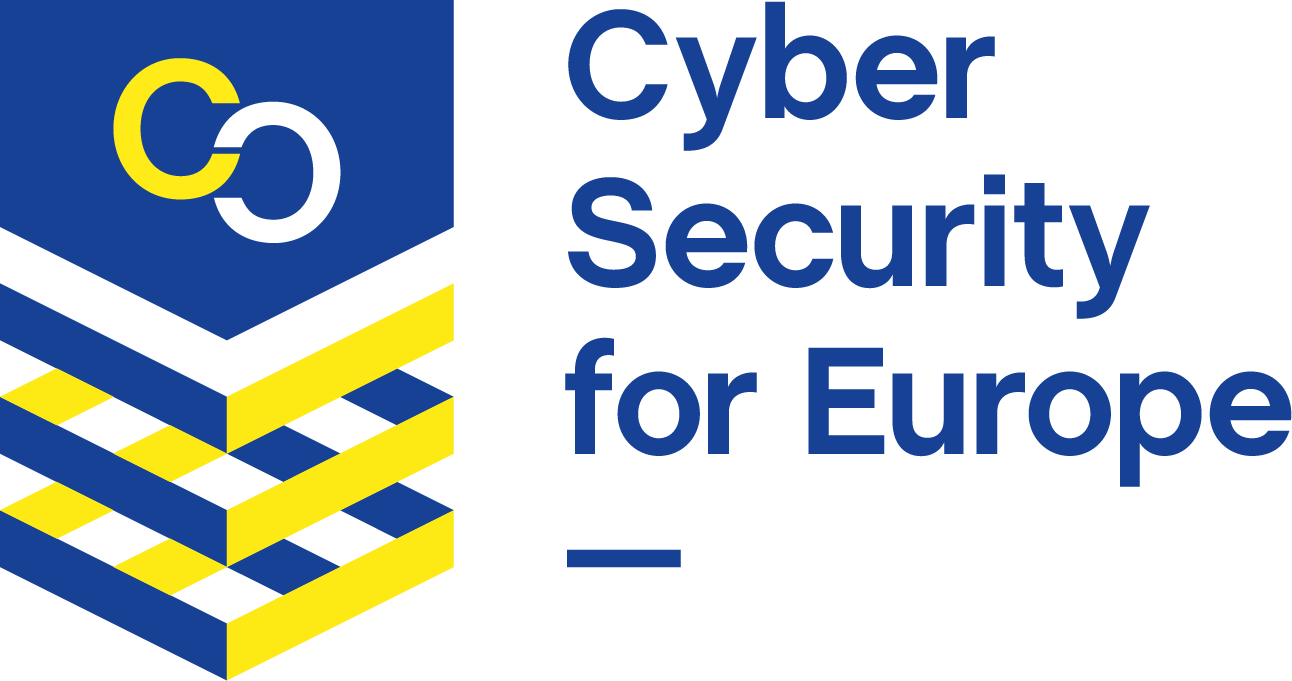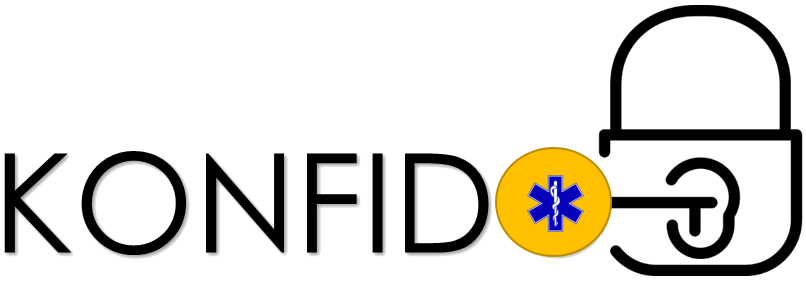CONCORDIA is a four-year multi-disciplinary research and innovation project, and will play a leadership role in boosting the effectiveness of EU’s security union. The project, started in January 2019, is coordinated by the Research Institute CODE from the Bundeswehr University Munich and involves 46 partners in total. “With CONCORDIA we are integrating cybersecurity competences to enhance Europe's digital sovereignty”, said Prof. Gabi Dreo, executive director of CODE. The consortium includes 23 partners from industry and other organizations, and 23 partners from academia.
CyberSec4Europe is a research-based consortium with 43 participants from 22 EU Member States and Associated Countries. As a pilot for a Cybersecurity Competence Network, it will test and demonstrate potential governance structures for the network of competence centres using the best practice examples from the expertise and experience of the participants, including concepts like CERN. CyberSec4Europe will address key EU Directives and Regulations, such as the GDPR, PSD2, eIDAS, and ePrivacy, and help to implement the EU Cybersecurity Act including, but not limited to supporting the development of the European skills base, the certification framework and the role of ENISA.
The main objective of ECHO is to strengthen the proactive cyber defence of the European Union, enhancing Europe’s technological sovereignty through effective and efficient multi-sector and multi-domain collaboration. The project will develop a European Cybersecurity ecosystem, to support secure cooperation and development of the European market, as well as to protect the citizens of the European Union against cyber threats and incidents.
SPARTA is a novel cybersecurity competence network, with the objective to collaboratively develop and implement top-tier research and innovation actions. Strongly guided by concrete challenges forming an ambitious Cybersecurity Research & Innovation Roadmap, SPARTA will tackle hard innovation challenges, leading the way in building transformative capabilities and forming a world-leading cybersecurity competence network across the EU. Four initial research and innovation programs will push the boundaries to deliver advanced solutions to cover emerging issues, with applications from basic human needs to economic activities, technologies, and sovereignty.
CLARUS is a Horizon 2020 Research and Innovation Action focused on protecting the secrecy of data outsourced to the Cloud with respect to not only attackers, but to the Cloud provider itself. CLARUS is developing a secure framework for storing and processing data outsourced to the cloud so end-users can monitor, audit and control their stored data while gaining the cost-saving benefits and capacity that cloud services bring. CLARUS is providing technical expertise to CANVAS, as one consortium member of CLARUS is also part of our project.
Cyberwatching.eu is the European observatory of research and innovation in the field of cybersecurity and privacy, funded under the European Commission’s H2020 programme. Cyberwatching.eu will disseminate activities and results of CANVAS with news pieces on cyberwatching.eu and through social media channels. CANVAS provides input to Cyberwatching.eu with respect to legal recommendations on cybersecurity. CANVAS is represented at the first Concertation Meeting that takes place April 26 2018.
The DOGANA project aims to develop a framework for Social Driven Vulnerabilities Assessments (SDVAs) that should help deploy effective mitigation strategies and lead to reducing the risk created by modern Social Engineering 2.0 attack techniques. A representative of DOGANA provided an input to the first health workshop of CANVAS in M10. DOGANA will disseminate the output deliverables of CANVAS.
The European Cyber Security Organisation (ECSO) is a non-for-profit organisation and represents the contractual counterpart to the European Commission for the implementation of the Cyber Security contractual Public-Private Partnership (cPPP). A representative of ECSO was present at the second consortium meeting of CANVAS; F-Secure is member of the organization. ECSO will disseminate the output deliverables of CANVAS and the Training & Education Work Group provides input to the reference curriculum.
e-SIDES (Ethical and Societal Implications of Data Sciences) is a Horizon 2020 Coordination and Support action that complements the research on privacy-preserving big data technologies by analysing, mapping and clearly identifying the main societal and ethical challenges emerging from the adoption of big data technologies. CANVAS will help e-SIDES in in raising awareness about the project and its newly launched platforms and will participate in e-SIDES events. A representative of DOGANA provided an input to the first health workshop of CANVAS in M10.
KONFIDO is a H2020 project, that aims to leverage proven tools and procedures, as well as novel approaches and cutting edge technology, in view of creating a scalable and holistic paradigm for secure inner- and cross-border exchange, storage and overall handling of healthcare data in a legal and ethical way both at national and European levels. KONFIDO and CANVAS cooperate for generating case studies that will be used in the reference curriculum.
secUnity is a project funded by the German Ministry of Education and Research to strengthen IT security research in Germany and Europe. They support the sustainable, interdisciplinary networking of IT security research at European level. A representative of secUnity provided an input to the first health workshop of CANVAS in M10. SecUnity will disseminate the output deliverables of CANVAS.
The SPECIAL (Scalable Policy-aware Linked Data Architecture For Privacy, Transparency and Compliance) project is a H2020 project that addresses the contradiction between Big Data innovation and privacy-aware data protection by proposing a technical solution that makes both of these goals realistic. SPECIAL will disseminate the output deliverables of CANVAS.












